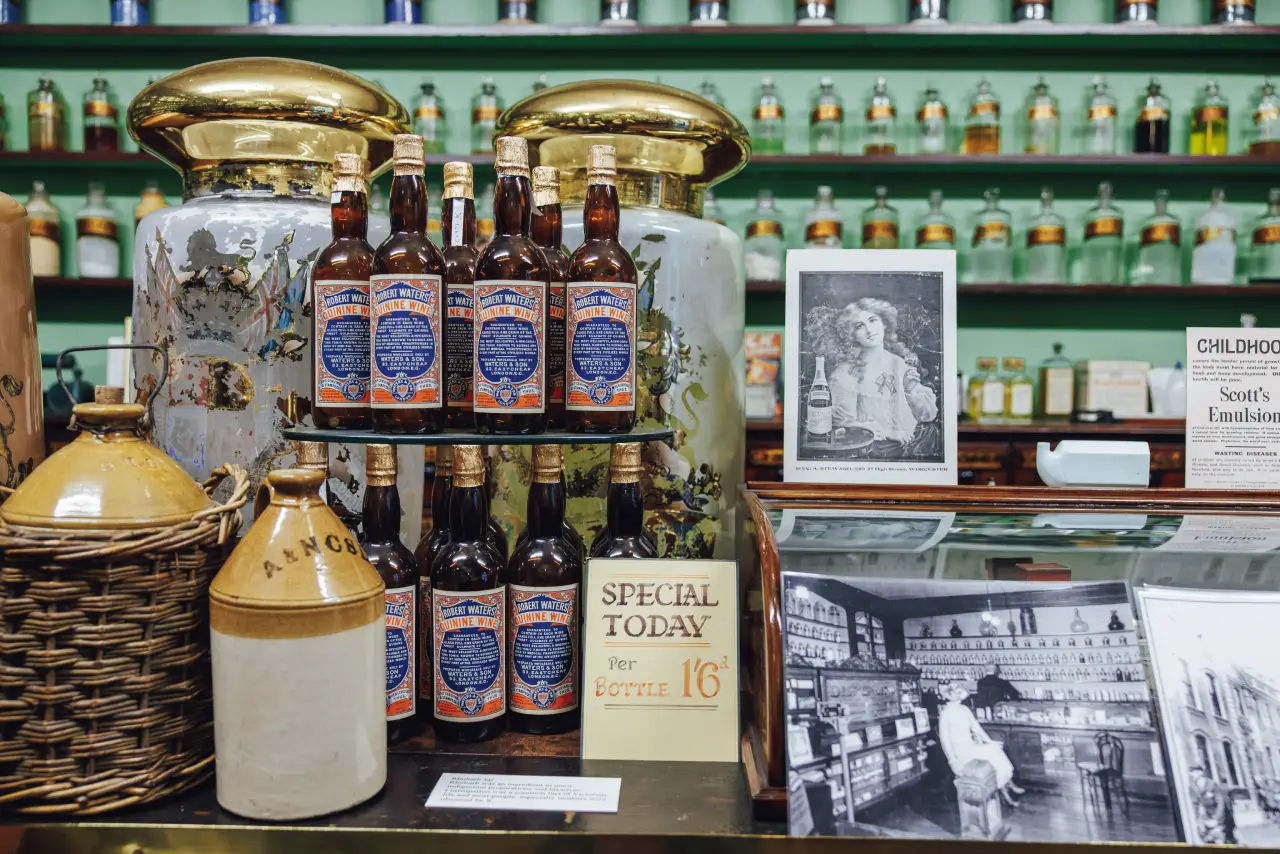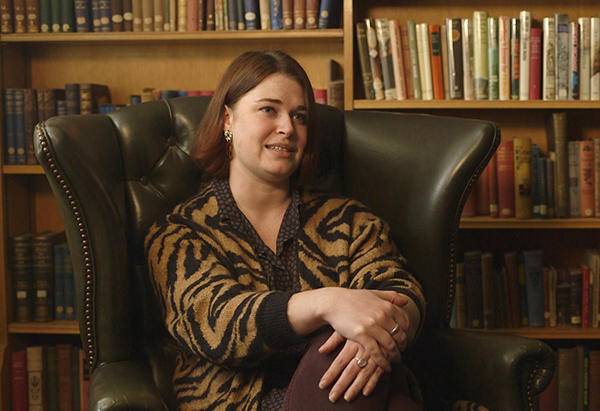Friday 4 October 2024
University of Worcester lecturers are running a series of workshops in historic settings to inspire residents’ creative side.
Dr Lucy Arnold, Senior Lecturer in English Literature, and Dr Jack McGowan, Principal Lecturer in Creative Writing, have teamed up to provide literary and creative writing sessions that reflect on and are inspired by historic or heritage buildings in the City.
This is part of their wider project, called ‘Can These Stones Speak’, which researches and develops the best ways to give people a sense of connection with local history using literary approaches.
Dr Arnold said: “The project’s aims are twofold: to collaborate with heritage organisations to inspire new ways of working using our experience from literary studies and creative writing to engage audiences. Secondly, to use these strategies to engage audiences and invite them to create meaningful engagement with the historic past. It’s about opening up spaces where people can make relationships with the past of Worcester and what’s important to them, rather than a one size fits all history of Worcester. It’s having a sense of ownership of the place where you live.”
A workshop called ‘Dark Archives: Gothic Adventures in the Museum’ will take place at Worcester City Art Gallery and Museum on Saturday, October 19. Running 11am-3pm, Dr Arnold will give a talk about poisons, potions and chemicals in literature, crime fiction and spooky tales. Dr McGowan will then encourage attendees to create their own gothic narratives using the museum and gallery as inspiration. Due to popularity, this workshop will be repeated on Saturday, October 26, 11am-3pm.
Another session, titled ‘Phantom Narratives: Heritage Spaces and the Ghost Story’, takes place in The Commandery, on Wednesday, November 13, 6pm – 7.30pm. Dr McGowan and Dr Arnold will explore how heritage spaces and historical architecture have a unique relationship to the ghost story genre. Participants will produce written work in response to this historical setting, with a chance to walk around the building after hours.
The project emerged from a journal article that Dr Arnold wrote on the representation of Worcester Cathedral in Hilary Mantel’s novel Wolf Hall. “It was about how historical fiction and heritage tourism co-create each other, how they can be in a conversation – how reading about a space changes your engagement with a space, so [it follows that] writing about that space will change your relationship with it too,” she said.
Dr McGowan said: “It’s getting people to engage with the spaces in different ways. Can these stones speak, can they present a different narrative? Can you look past what are you told to and instead look at what being in the space is telling you, looking behind the obvious story?”
They hope to use these and future sessions to produce materials that local heritage institutions can use independently to deliver sessions.
Find out more information on the first workshop on 19 October
Find out more information on the second workshop on 13 November


